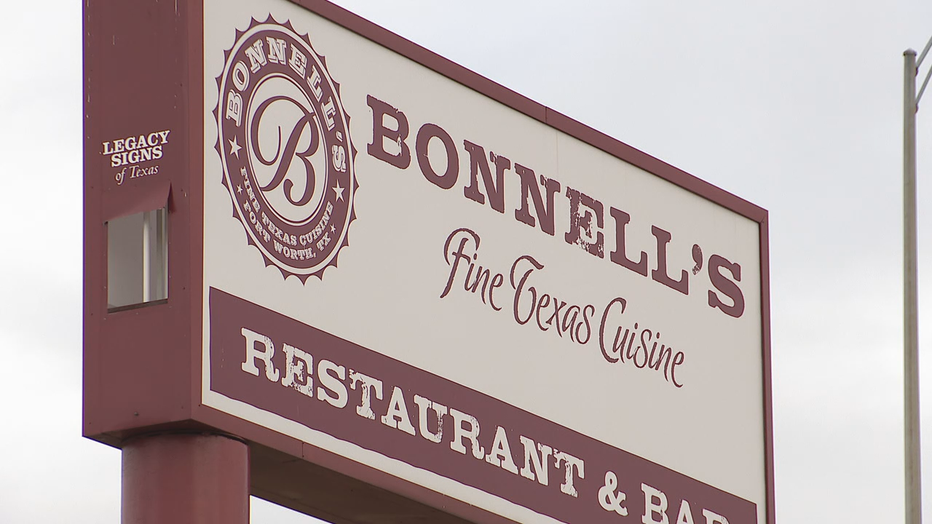North Texas restaurants dealing with low staff, supplies during omicron surge

North Texas restaurants dealing with low staff, supplies during omicron surge
Restaurants are still feeling the pain from staffing and product shortages during this ongoing COVID-19 surge.
FORT WORTH, Texas - Restaurants are still feeling the pain from staffing and product shortages during this ongoing COVID-19 surge.
A Fort Worth restaurant owner says he had to close down right before New Year’s Eve because he didn't have staff. He’s still struggling to find ingredients for certain menu items and supplies.
The Texas Restaurant Association says 96% of Texas restaurants have experienced an interruption over the past three months.
Jon Bonnell is the owner of Bonnell’s Restaurant Group in Fort Worth. He says those unavailable items change every day.
"All of our plastic or Styrofoam to go containers, sorry. We’re gonna be out maybe for a year. Pick something else," he said. "Or the price of king crab went up to $110 per pound wholesale. So we just took that off the menu completely."
The Texas Restaurant Association represents roughly 50,000 restaurants across the state. It says restaurants aren’t just facing product shortages. Most are paying more for food and paying more for employees compared to pre-pandemic levels.
"Those are really the two inputs that make up a restaurant, right? Food and people to cook and serve it," said Kelsey Erickson-Streusert with the Texas Restaurant Association.

To adjust, Erickson-Streusert says restaurants have had to get creative.
"Restaurants are dealing with it in a lot of different ways. We’re definitely seeing menus change more regularly to just meet what is available in the market," she said.
Erickson-Streusert says some are changing their hours of operation, changing floor plans and relying on third party delivery apps as another method of staying in business.
"I think the next month is going to be very telling in terms of how many—especially of the smaller, independent restaurants — are quite literally able to survive this pandemic," she said.
But even after jumping through hoops, Bonnell’s in Fort Worth had to shut down during the week leading up to New Year’s after 10 staff members tested positive for COVID-19 at the same time.
"I know we lost Valentine’s last year because of the hikes in snow," he said. "Losing New Year’s too, that was a pretty big hit."
Bonnell is optimistically hoping once omicron dies down, the industry can start to bounce back.
"I think when it comes back to seeing your sales back to a normal level and feeling like we’re pretty full as far as staff goes and hopefully products are back on the store shelves, someday we’ll wake up and say, ‘Wait? Did it end?’" he said.

